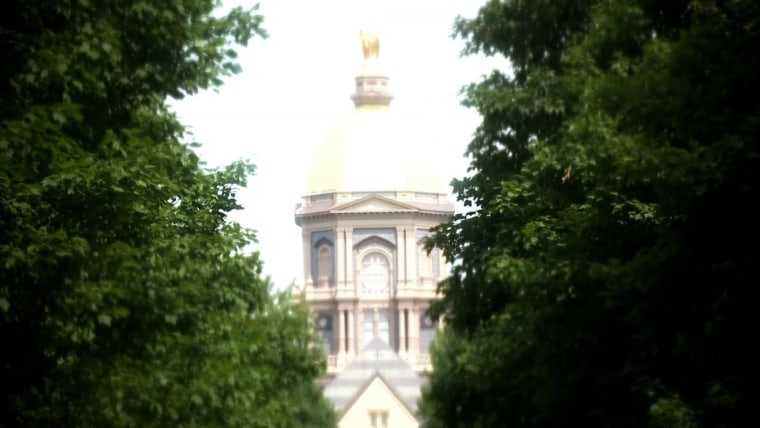The University of North Carolina at Chapel Hill announced Monday it was converting to virtual classes after reporting 135 new COVID-19 cases and four clusters within a week of starting classes for the fall semester — an outcome many critics feared as the university decided to reopen its campus.
“After consultation with state and local health officials, #UNC’s infectious disease experts and the UNC system, Carolina is making two changes to de-densify campus,” the school announced on Twitter Monday afternoon. “On Wednesday, Aug. 19, all undergraduate instruction will shift to remote learning.”
The shift was announced within an hour of the updated case counts being added on the school’s CV-19 dashboard, which tracks metrics like tests conducted, positive cases, and isolation and quarantine capacity.
The dashboard shows 135 new positive COVID-19 cases — 130 students and fives employees — for the week of Aug. 10 to Aug. 16.
According to the dashboard, the cumulative rate of positive COVID-19 test results at UNC-Chapel Hill is 10.6 percent — higher than the statewide rate of 7.5 percent. Among the 954 tests conducted the week of Aug. 10, 135 positives, or 13.6 percent, were reported. About 10 new cases were reported in prior weeks.
“As of this morning, we have tested 954 students and have 177 in isolation and 349 in quarantine, both on and off campus” university officials wrote in a statement. “So far, we have been fortunate that most students who have tested positive have demonstrated mild symptoms.”
The most recent “cluster” — defined as five or more cases in a single residential hall or dwelling — was found in Hinton James Residence Hall, UNC said on Sunday. Individuals in the cluster are being isolated and monitored, and dormitory residents have been provided with additional information for next steps, the university said.
The university on Friday identified two clusters of coronavirus at student residences, the Ehringhaus Community and the Granville Towers. And on Saturday, UNC announced another cluster at an off-campus fraternity house, Sigma Nu.
Prior to Monday’s announcement, many students criticized the university’s preventative measures, saying they failed to protect students, staff, and the surrounding community.
“Many students, graduate workers, staff, some faculty members, and even the local county health department warned that this was going to happen,” said Lamar Richards, a student chairperson on the Commission on Campus Equality and Student Equity at UNC.
On Sunday, in an open letter to the Carolina community, Richards wrote that the administration’s “carelessness and dereliction of duty” has led to these outbreaks.
James Handler, a doctoral student at UNC-Chapel Hill’s school of education, echoed similar sentiments.
“The dashboard and the university’s plan was designed in a way that they knew people were going to get sick,” Handler said. “Maybe not as quickly or as much in volume, but it’s worth asking: what parts of higher education are worth saving over people’s lives?”
An emergency meeting between administrators and faculty members was planned for later Monday to discuss the situation.
More than a week before classes started, a group of more than 30 tenured faculty members wrote in an open letter to undergraduates expressing their fears about the university’s decision to reopen “too quickly and completely” this fall.
“Under current conditions, it is not safe for you to come to campus,” the faculty members wrote in the letter published in the Charlotte Observer. “Stay home this fall.”
Right before classes started, Handler told NBC News that the school’s early cases were a prescient warning for an outbreak.
“Today we are saying: We told you so,” he said.
The student newspaper the Daily Tarheel also called out the university leadership, writing an editorial with the headline, “UNC has a cluster—- on its hands.”












